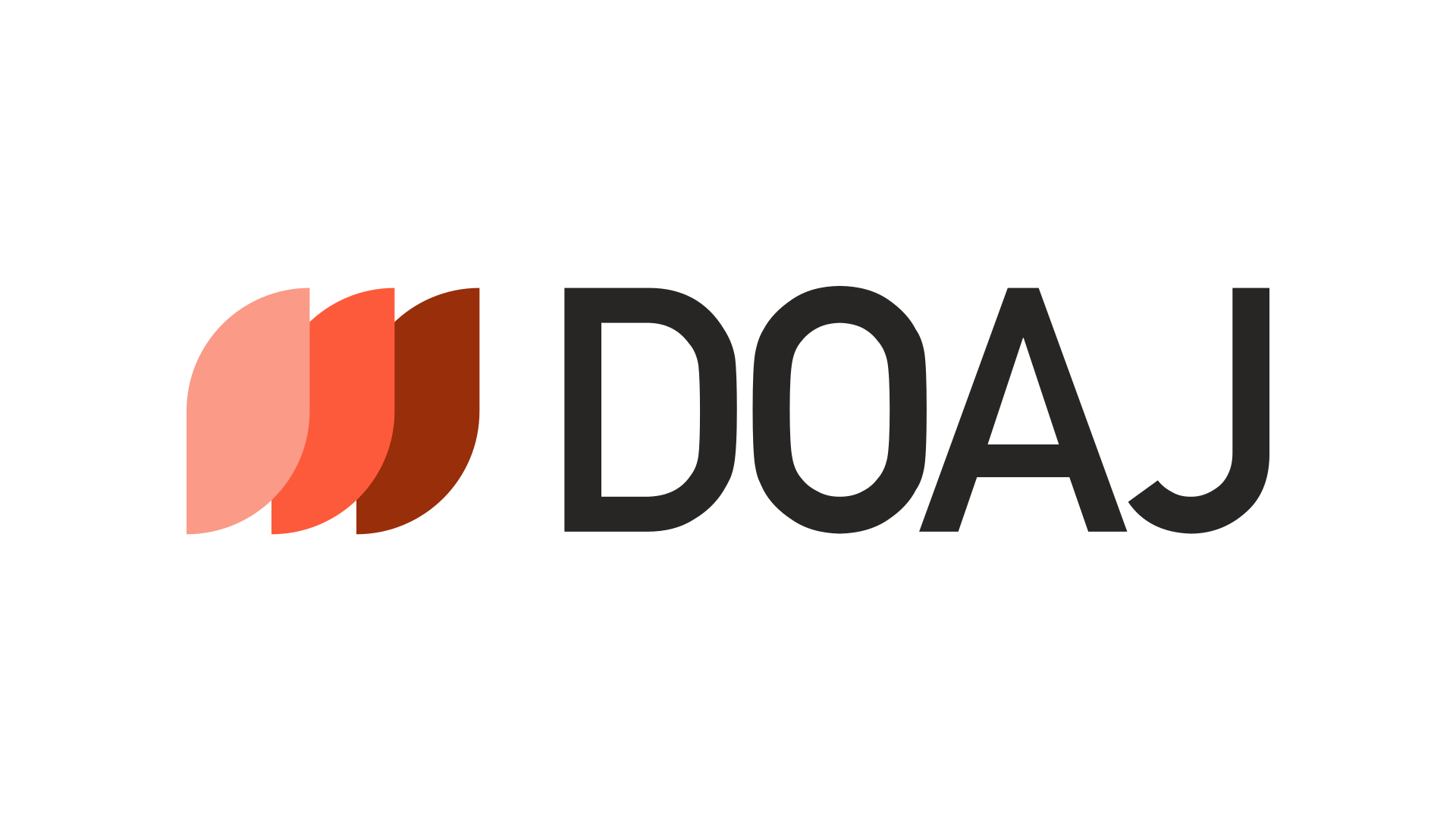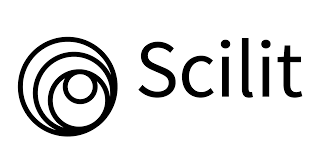COMMUNICATION IN THE DEVELOPMENT OF TOURISM ECOLOGY AND PLACEMAKING OF KEMAMBANG VILLAGE, AMBARAWA
DOI:
https://doi.org/10.38043/jids.v7i1.3768Keywords:
Ecological Communication, Place-Making, Tourism PotentialAbstract
This study discusses the tourism potential of one of the villages in Semarang Regency, namely Kemambang Village, Banyu Biru District, Ambarawa, Central Java Province. The existence of tourism potential in Kemambang Village requires special attention from the government and local communities on the importance of marketing communication knowledge in the development of tourism ecology, the application of place making as well as an understanding of the assets owned by each region and the application of spatial practices. The aim of the study was to explore the implementation of communication in the planning and development of tourism ecology and place-making in Kemambang village, Ambarawa, Central Java province. This study employed a qualitative research design method to explore how the concept of creative communication in the digital era can be understood and carried out in the creative communication industry from the perspective of the main stakeholders and uses a case study approach. Data analysis was conducted by reducing data, displaying data, and drawing conclusions. The result of the research show that Kemambang Village has a lot of tourism potential that has not been exposed and optimized due to the lack of awareness of the people of Kemambang Village in understanding the importance of communication for tourism ecology development, place-making, asset needs, and the application of spatial practices in Kemambang.
Downloads
References
Journals:
Aira, A. (2014). The Role of Asset Management in Regional Development. Journal of Social Religious Research, 17(1), 21–39.
Lau, C., Li, Y. (2019). Analyzing the effects of an urban food festival: A place theory approach. Annals of Tourism Research. Vol 74, 43-55
Leydesdorff, L. (2014). Can inter-human communications be modele das“Autopoietic”? Constructivist Foundations, 9(2), 168–170
Mangeswuri, D. R. (2021). Prospects for Increasing Domestic Tourism in the Midst of the Covid-19 Pandemic. Quick Info, Vol. 8(7), 19-24
Palupi, R., & Slavov, M. (2020). Tourism Marketing: Context, Challenges and Potential. IPTA (Perjalanan Wisata), 8(2), 245-254.
Princess, A.A. Kristanto, T.B.A. (2021). Asset-based Community Development as an Effort to Empower Communities through the Fitness Tourism Sector in Indonesia. Journal of Social Development Studies. Vol. 2, issue 2, 43-54
Putri, F. A., & Adinia, N. C. (2018). The role of communication in sustainable development tourism: a case study on community-based tourism (pokdarwis) in Nglanggeran Village. Jurnal Komunikasi Indonesia
Tamariska, Styrene.R.; Ekomadyo, Agus .S. (2017). 'Place-making of Kampung Kota Social Interaction Space Case Study: Corridor Jalan Tubagus Ismail Bawah, Bandung. Journal of Architecture and Urban Affairs "KORIDOR". Vol. 08 No. 02, 172-183
Yudhoyono, E. (2021, May 18). Integrated Tourism Ecosystem Development Based on a 5-Track Strategy. Innovation, 18(1), 47-61.
?
Journals Article with DOI
Akbar, P.N.G., & Edelenbos, J. (2019). Place-making in Indonesian Kampung: A Case Study of Bustaman, Semarang. Creating Urban Spaces that Enhance Local Empowerment. 55th ISOCARP World Planning Congress. doi: 10.47472/LJTH4799
Aminah, S. (2015). Conflict and Contestation of Surabaya City Spatial Planning. SOCIETY: Journal of Sociology, 20(1), 59–79.doi: 10.7454/mjs.v20i1.4751
Habibullah, S., & Ekomadyo, A. S. (2021). Place-making in public spaces: Exploring Genius Loci in Kapuas Pontianak Square. Journal of Urban Development, 9(1), 36–49.doi: 0.14710/jpk.9.1.36-49
Hilman, Y. A. (2017). Re-initiating Village Public Space (Analysis of the Utilization of Rural Public Space in Ponorogo Regency). The Messenger Journal, 9(1), 26–31. doi: 10.26623/themessenger.v9i1.424
Kelkar, N. P., & Spinelli, G. (2016). Building Social Capital Through Creative Placemaking. Strategic Design Research Journal, 9(2), 54–66. doi: 10.4013/sdrj.2016.92.01
Luhmann, N. (1982). The world society as a social system. International Journal of General Systems. doi: 10.1080/03081078208547442
Octaviana, D. N. (2017). Analysis of Farming Business and Development Prospects of Durian (Durio Zibethinus Murray) in Gunungpati District, Semarang City. doi: 10.31942/MD.V1312.2161
Books:
Bungin, B. (2015). Tourism Communication: Marketing and Brand Destinations. Jakarta: Prenada Media Group
Creswell, J. C. (2014). Research Design. Qualitative, Quantitative, and Mixed Approaches. Third edition. Yogjkarta: Pustaka Student.
Luhmann, N. (1989). Ecological Communication. The University of Chicago Press: Polity Press.
Luhmann, N. (1995). Sosial System. Translated by Jhon Bednarz,Jr: The University of Chicago Press.
Sugiyono. (2020). Qualitative and R & D Quantitative Research Methods. London: Alfabeta
The Internet:
Grahadyarini, BM. 2021. Domestic Tourism Is Relied Upon. https://www.kompas.id/baca/ekonomi/2021/04/01/wisata-domestik-diandalkan-jadi-pendorong
Moreira, S. 2021. What Is Placemaking? https://www.archdaily.com/961333/what-is-placemaking
Downloads
Published
How to Cite
Issue
Section
License
Copyright (c) 2023 Devi Purnamasari

This work is licensed under a Creative Commons Attribution-NonCommercial 4.0 International License.
















